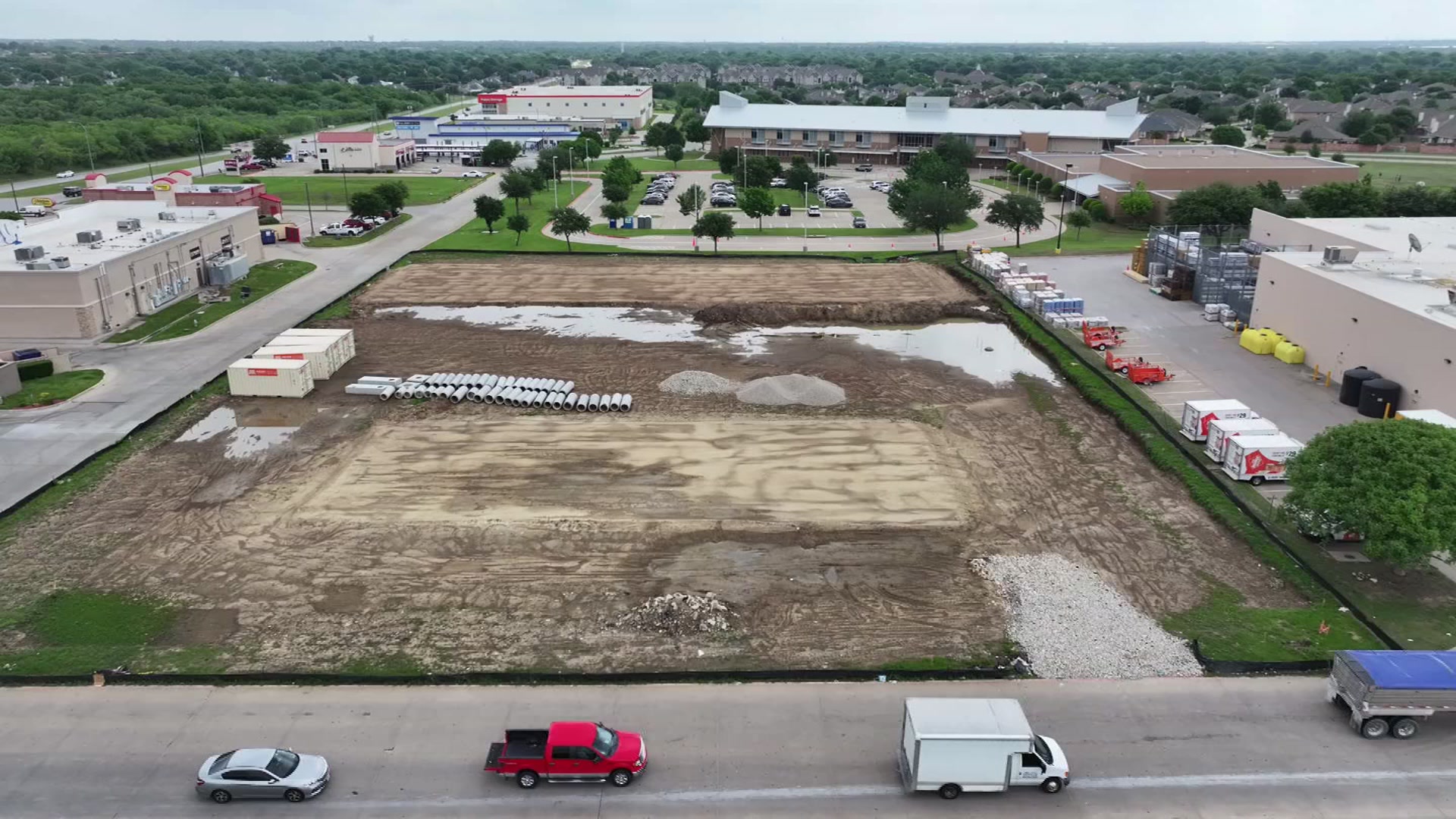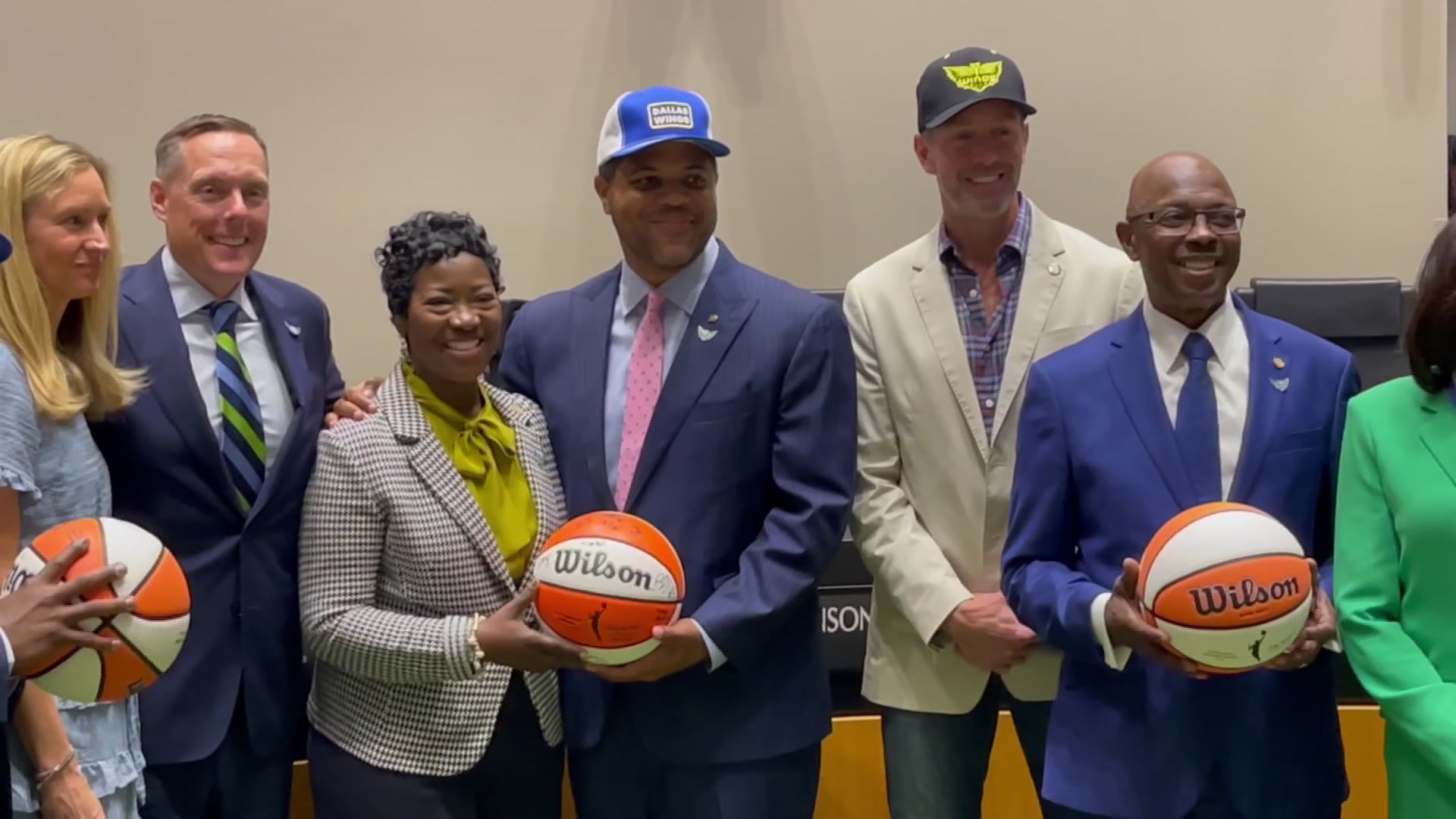A program meant to help restore storm-battered Galveston Bay oyster beds has gained support from a statewide conservation initiative founded by former first lady Laura Bush.
The Galveston County Daily News reports Texan By Nature has picked Galveston Bay Foundation's oyster shell recycling program as one of six programs across the state worthy of its support over the next year with the hope of expanding the program's reach.
Along with programs aimed at conserving wetlands, cleaning up rivers and preserving other natural systems, the oyster shell program has been named a Conservation Wrangler by Texan By Nature, which Bush founded in 2011. The nonprofit group's mission is to bring together business and conservation leaders in Texas who believe the state's prosperity depends upon conservation of natural resources.
"Texan by Nature will be assisting us with our outreach campaign for the oyster shell recycling Program," said Haille Leija, habitat restoration manager for the foundation. "Their business and media resources will provide much needed assistance in delivering our message to a larger population and securing additional partnerships to facilitate the expansion of the program over the next year."
Get DFW local news, weather forecasts and entertainment stories to your inbox. Sign up for NBC DFW newsletters.
The message is simple: Oyster shell recycling, if expanded and sustained, can create new a breeding habitat that will eventually help repopulate the bay with oysters.
More than half of Galveston Bay's oyster reefs were destroyed by silt deposits after Hurricane Ike in 2008, according to the Texas Parks & Wildlife Department. Hurricane Harvey rains in 2017 flooded the bay with fresh water, diluting the salinity required for oyster breeding, further disrupting oyster growth and raising serious sustainability issues for the oyster fishing industry.
A successful oyster shell recycling program will serve the bay ecosystem and industry simultaneously, Leija said.
Local
The latest news from around North Texas.
"All our reef restoration is focused on areas off-limits to harvest," Leija said.
Healthy oyster populations benefit the bay overall, however, by filtering significant amounts of impurities from the water and providing habitat for other marine wildlife.
And restoring a healthy population of oysters will benefit commercial operations as well, Leija said.
"The larvae produced by our restoration sites can positively impact harvestable reefs, which will help support a more sustainable fishery," she said.
Companies with commercial oyster leases are required by state code to return a percentage of the shell from their harvest back to their reefs. But cleaned, recycled shells from oysters consumed in restaurants are available to build new reefs like the ones the foundation is building, including two oyster shell breakwaters along the shorelines of the Sweetwater Preserve in Galveston.
The foundation began building those reefs in 2014 and both have demonstrated significant oyster growth, Leija said.
The oyster shell recycling program works with several restaurants now and will reach out to more in the coming year. On Galveston Island, Blvd. Seafood recycles its shells through the program, as do TopWater Grill in San Leon, Tookie's Seafood in Seabrook, Tommy's in Seabrook, and the Aquarium Restaurant and Crazy Alan's Swamp Shack, both in Kemah. A shell-cleaning and drying facility in Texas City provides storage for shells until they are reused to build new reefs. Most of that work is done by volunteers.
"The projects we choose as Conservation Wranglers have to be scientifically based, and they have to be measurably beneficial for natural resources, people and health and economic development," said Joni Carswell, president and CEO of Texan By Nature.
"We look for projects that can be replicated across the state of Texas and beyond. We just provide a little jet fuel and help drive a conversation between business and conservation leaders."



